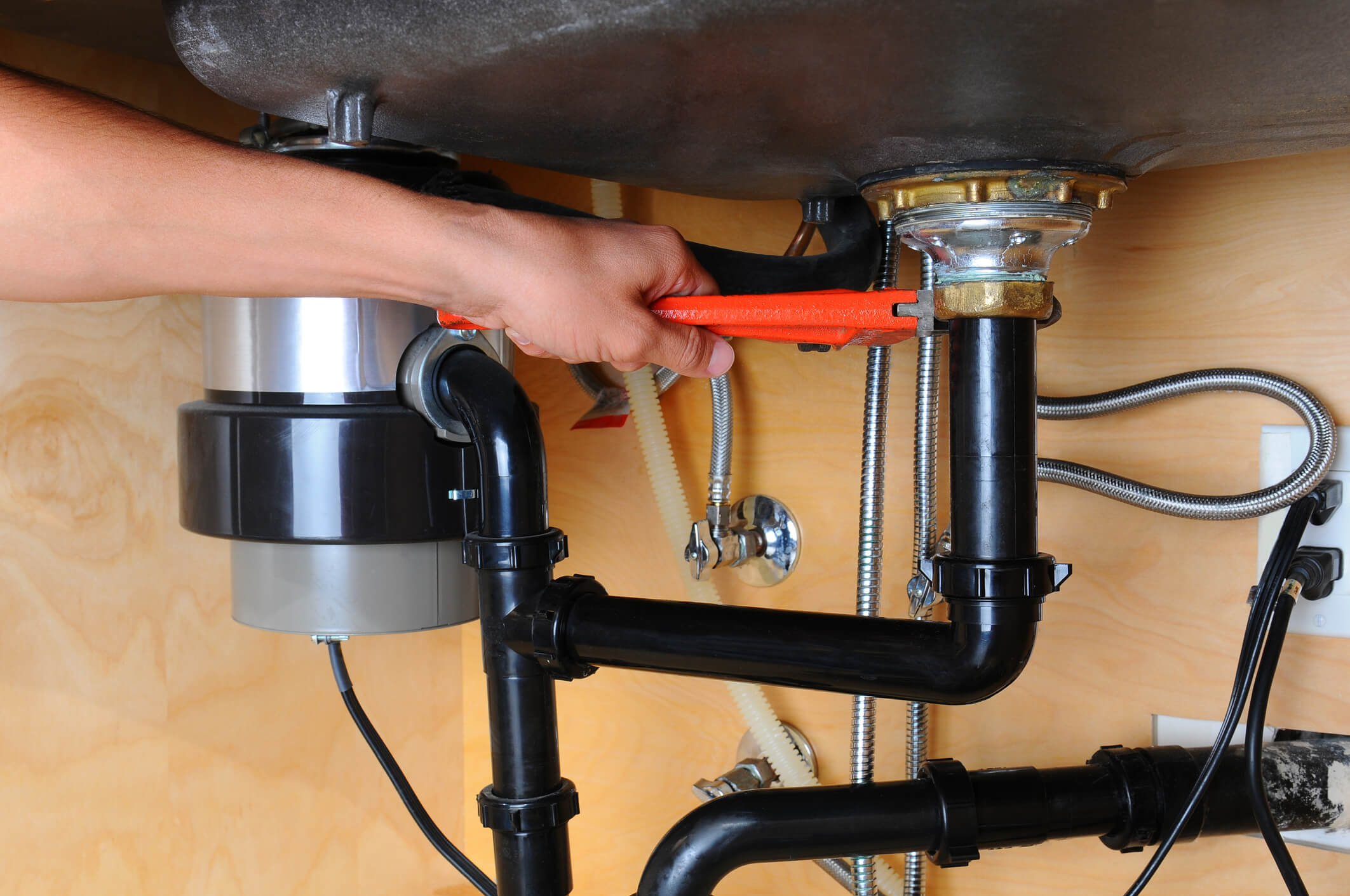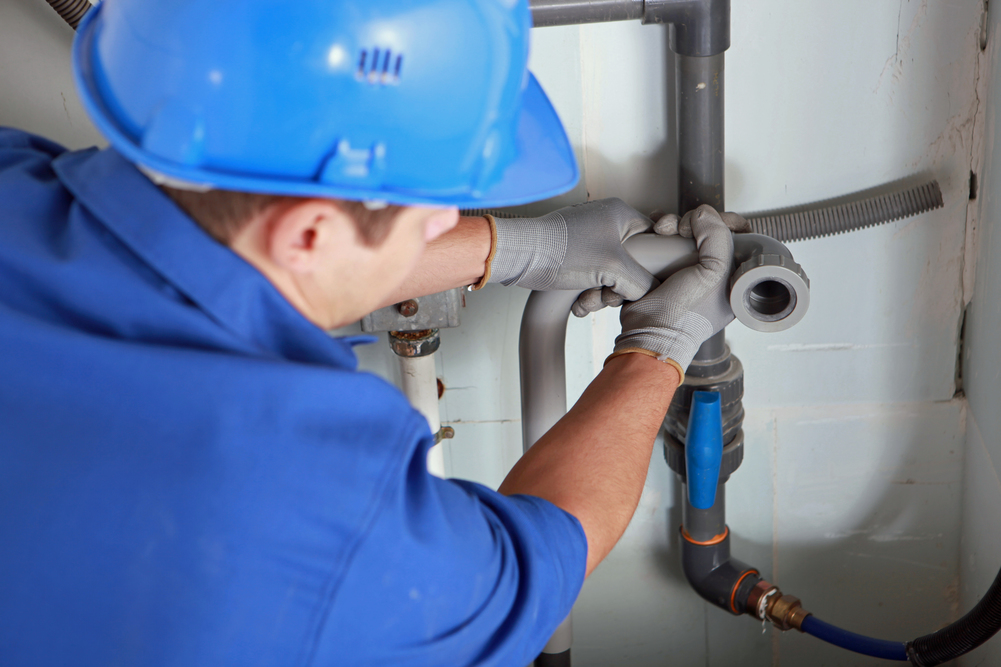The Six Biggest Risks To The Plumbing Fixtures
The Six Biggest Risks To The Plumbing Fixtures
Blog Article
Everybody will have their unique piece of advice involving Can Hard Water Ruin Your Appliances?.

The key to long-term devices, unsurprisingly, is proper maintenance. There's no hard and fast rule that can guarantee your plumbing home appliances a long wear, yet you can stop unnecessary damage and repair work by preventing bad plumbing habits.
You must stop doing these 6 points else you'll maintain calling your plumber over for minor faults.
Flushing whatever
Yes, your bathroom drainpipe results in the sewage systems, yet that does not indicate you ought to unload simply anything down the tubes. Many 'flushable' products are really great blockage starters, for example dental floss. Asides keeping noticeable non-flushable products like cables and plastics out of your commode, you ought to additionally avoid flushing cotton swab, menstrual items, wipes, daipers and prophylactics down the bathroom drainpipe.
DIYing every little thing
With plumbing, a stitch in time truly does save nine. You can avoid a fullblown plumbing emergency by calling your plumber at the right time.
You may have discovered a few plumbing hacks from your dad, but you should know where to draw the line and call a professional. As an example, you might have the ability to take care of an obstruction on your own, but you should not attempt to transform a pipe. You could mismatch pipelines or overtighten a bolt, creating more injury as well as damage than you assumed. Calling a plumber is a secure and affordable decision.
Utilizing too much drainpipe cleaner
Utilizing a drain cleaner more than once or twice a month is a sign that something severe is going on within your pipes. Currently, rather than dealing with the main issue, you go with a quick fix; a fizzy drain cleaner. Rightfully, a drain cleaner will take care of the obstruction, but at what cost?
The chemicals in a drain cleanser can quicken the deterioration of your pipes. Add that to whatever underlying problem is causing the clog as well as you may have to a severe issue on your hands.
If you experience way too many obstructions, call your emergency plumber rather than using a drain cleaner.
Putting oil in the sink
We know appropriately throwing away grease after a hearty meal is a pain. But merely putting it away can do long-term damage to your pipes. "The fat as well as oil can obstruct your drain badly adequate to force you to call a plumber," discusses Dawson. "Plumbing functions best when it's well looked after-- not abused with oil."
Not transforming your dishwashing machine pipes
One easy way to ensure that you utilize your dish washer for many years is to replace the hose a minimum of as soon as in five years. This also requests washing maker tubes.
Over time, food particles, soap as well as oil can form obstructions within your pipes. Changing them on time will avoid any type of presure build up that can damage the inner functions of your dishwasher or cleaning machine.
A strengthened steel braided tube does a wonderful job of prolonging your equipment's usage time.
No winter safety measures
Extreme weather misbehave for your pipelines, specifically if they're constructed from steel. You should protect your exposed pipelines, and also your water container, even if you have a hot water heater. You should likewise turn off your yard pipe valve and any other external water channels. These channels are electrical outlets for cold; you pipes can start to ice up from outdoors if you don't.
Prevent Water Damage from Plumbing and Appliances
Prevent toilet failure
Be patient after you flush and wait for the valve to completely finish refilling the tank and bowl. If an overflow looks imminent, lift off the tank cover and lift the float to shut off water flow to the tank, and then turn off the supply valve.
Twice a year, inspect a toilet’s components, such as the fill, supply, and flush valves, and the supply line. Make sure you can turn off the supply. If you have older screw type valves that are hard to turn or start leaking, consider replacing them with simpler ball valves that are easy to shut off quickly.
Inspect and maintain your water heater
Inspect your anode rod every two years, or every year once the warranty has expired, to determine if it needs to be replaced.
Flush water heater tanks every six months to remove sediment by attaching a garden hose to the valve at the base. For safety, first turn off the power and run hot water until it is cool.
Get an annual inspection from a plumbing professional including the shut-off valve and all piping. Signs of broken valves and loose or wet joints and rust are a sign that more severe damage is coming.
Maintain washing machine supply lines
Look for signs the supply hose may be ready to fail—blisters in the hose, worn tubing, stress cracks, or a loose connection.
Replace the supply hose with a reinforced steel braided hose if it shows any sign of wear.
Tighten the connection if it feels loose. The most common site of failure is near the connection where the hose bends.
Replace supply hoses every five years, even if there is no obvious deterioration or wear. Some signs of deterioration may occur from the inside out and may not be visible until it is too late. When replacing washing machine supply hoses, always choose a reinforced steel braided hose over the traditional un-reinforced rubber hose. These hoses will last longer and are far less likely to result in a catastrophic water loss.
Prevent plumbing failure
Never pour grease down the drain.
Plant trees away from lateral drain lines to prevent roots from damaging piping.
If your home’s sewer system is connected to the city’s sewer system—a particular problem for older homes—or if you are located downhill or below street level, contact a plumbing professional to install a backflow prevention assembly into your sewer system.
Call a professional if you notice signs of a plumbing problem—an increased monthly water bill, banging pipes, rust stains, moisture in the walls or on the floor, and signs of wet soil erosion near the foundation.
https://disastersafety.org/maintenance/prevent-water-damage-from-plumbing-and-appliances/

I came across that piece on Leak Detection and Repair Without Destroying Your Home while surfing around the search engines. Do you know about another person who is occupied with the topic? Be sure promote it. I praise you for your time. Don't forget to stop by our site back soon.
Estimating Report this page